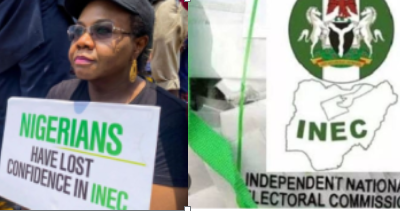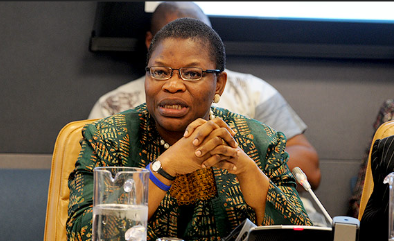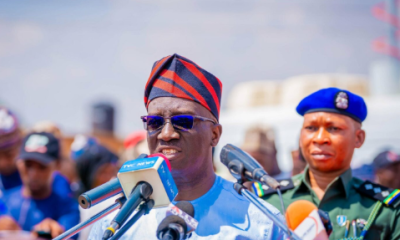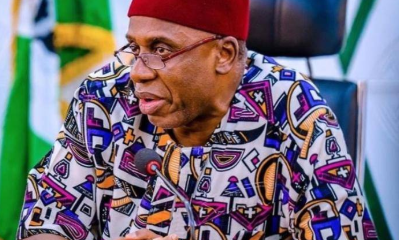The administration of former Edo State Governor, Godwin Obaseki, has strongly rebuffed recent claims made by the current governor, Monday Okpebholo, regarding the state’s debt profile, labeling the allegations as a “blatant lie” and an attempt to deflect attention from what it described as the incumbent government’s lack of preparedness and competence.
In a detailed statement issued by Crusoe Osagie, Media Adviser to Obaseki, the former government called on Governor Okpebholo to provide concrete evidence to back his claims about the state’s financial obligations.
Specifically, they challenged him to disclose the institutions to which the state supposedly owes debts, as well as the details of the alleged outstanding amounts.
“The claim by Governor Okpebholo that Edo State is heavily indebted is a blatant falsehood that should be disregarded by the people of the state. It is nothing but a smokescreen to conceal his incompetence, lack of preparation, and his inability to deliver on the promises made to the people of Edo State,” the statement read.
The Obaseki-led administration clarified that the primary debts owed by the state were loans from the World Bank, which were secured during the tenure of former Governor Adams Oshiomhole.
However, according to the statement, the Obaseki administration effectively managed these loans throughout its eight years in office, ensuring that they were properly serviced and that the debt burden was kept under control.
The government also emphasized that, under Obaseki’s stewardship, the state’s financial position was carefully managed to prevent any further expansion of the debt.
In addition to refuting the claims of massive indebtedness, the Obaseki government pointed out that it left over ₦30 billion in the state’s coffers at the time of handover to Okpebholo’s administration.
The statement further noted that the outgoing government had clearly documented all financial matters, including debts, in a comprehensive transition report that was handed over to Okpebholo upon his assumption of office.
This report, the former government stated, included details of the state’s debts, financial obligations, and the responsible institutions.
“We categorically state that the Obaseki-led government left over ₦30 billion in the state’s account for the incoming administration.
This is a fact that cannot be disputed. All debts owed by the state government were clearly documented in the transition report handed over to Governor Okpebholo,” the statement affirmed.
The former governor’s media adviser went further to challenge Okpebholo to provide specific details of the debts he claims exist, and to disclose the institutions to which they are owed. “If there is any truth to the claims of debt, Governor Okpebholo should immediately provide the evidence, including the names of the institutions to which these debts are owed, and the amounts involved. The people of Edo State deserve transparency,” Osagie stated.
The statement also expressed concern over what it described as Okpebholo’s “real challenge”—his apparent lack of capacity and preparation for office.
ALSO READ: Oshiomhole extols Okpebholo at Senate’s valedictory session
“Governor Okpebholo’s real challenge lies in his inability to effectively govern, and his resort to making unfounded claims only highlights his unpreparedness for the responsibilities he assumed. Rather than focusing on unproven allegations and lies to score cheap political points, we urge him to settle down, build the necessary capacity, and focus on delivering good governance for the people of Edo State,” the statement urged.
The Obaseki administration concluded by reiterating that despite the challenges facing the Okpebholo government, it could still succeed if it focuses on constructive governance rather than deflecting blame or resorting to political attacks.
“Governor Okpebholo still has time to build his leadership capacity and work for the betterment of Edo State. The people are watching, and they expect results, not excuses,” the statement added.
As the new administration settles into power, all eyes are now on the Okpebholo government to address the state’s challenges and prove its ability to lead effectively.
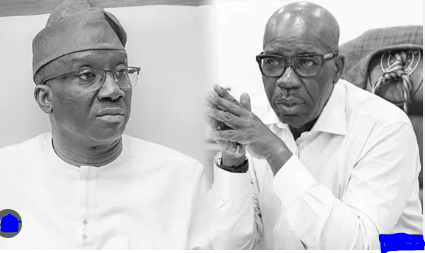

 Football1 week ago
Football1 week ago
 News7 days ago
News7 days ago
 Health6 days ago
Health6 days ago
 Comments and Issues1 week ago
Comments and Issues1 week ago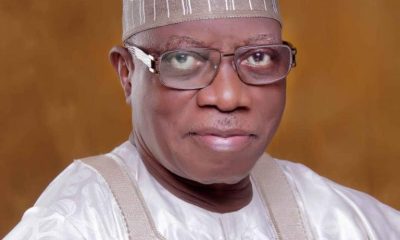
 Comments and Issues1 week ago
Comments and Issues1 week ago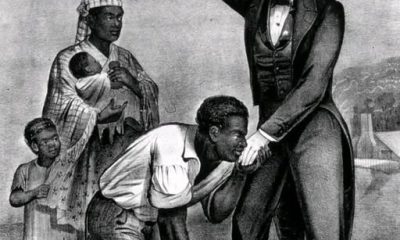
 Comments and Issues1 week ago
Comments and Issues1 week ago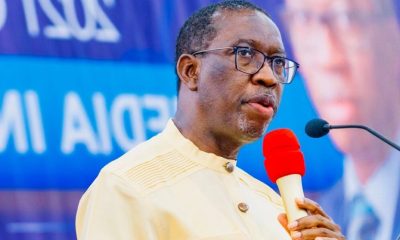
 Comments and Issues1 week ago
Comments and Issues1 week ago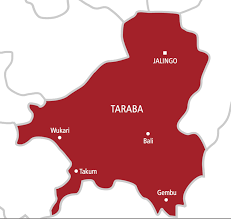
 Comments and Issues1 week ago
Comments and Issues1 week ago



